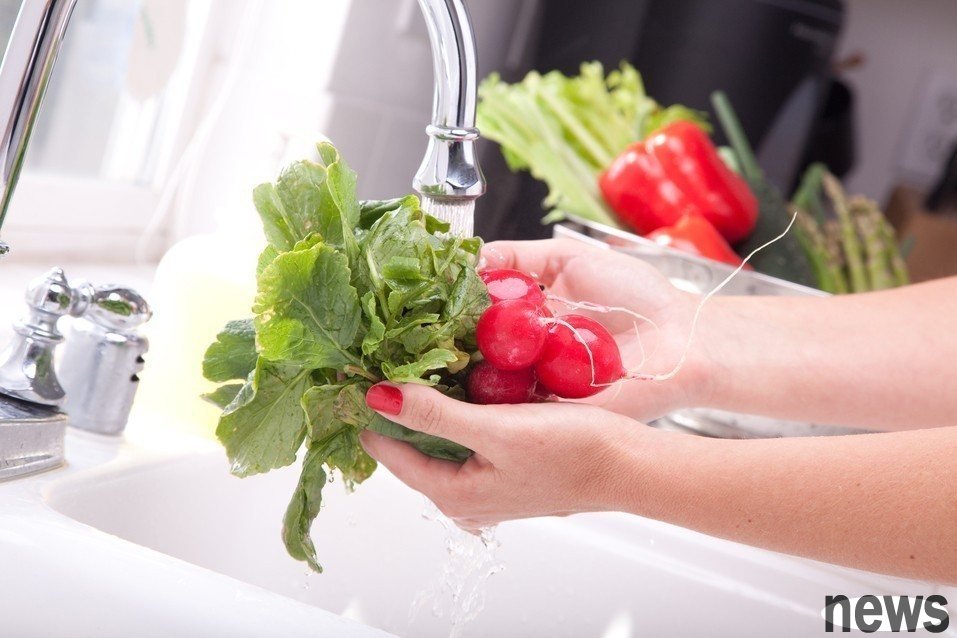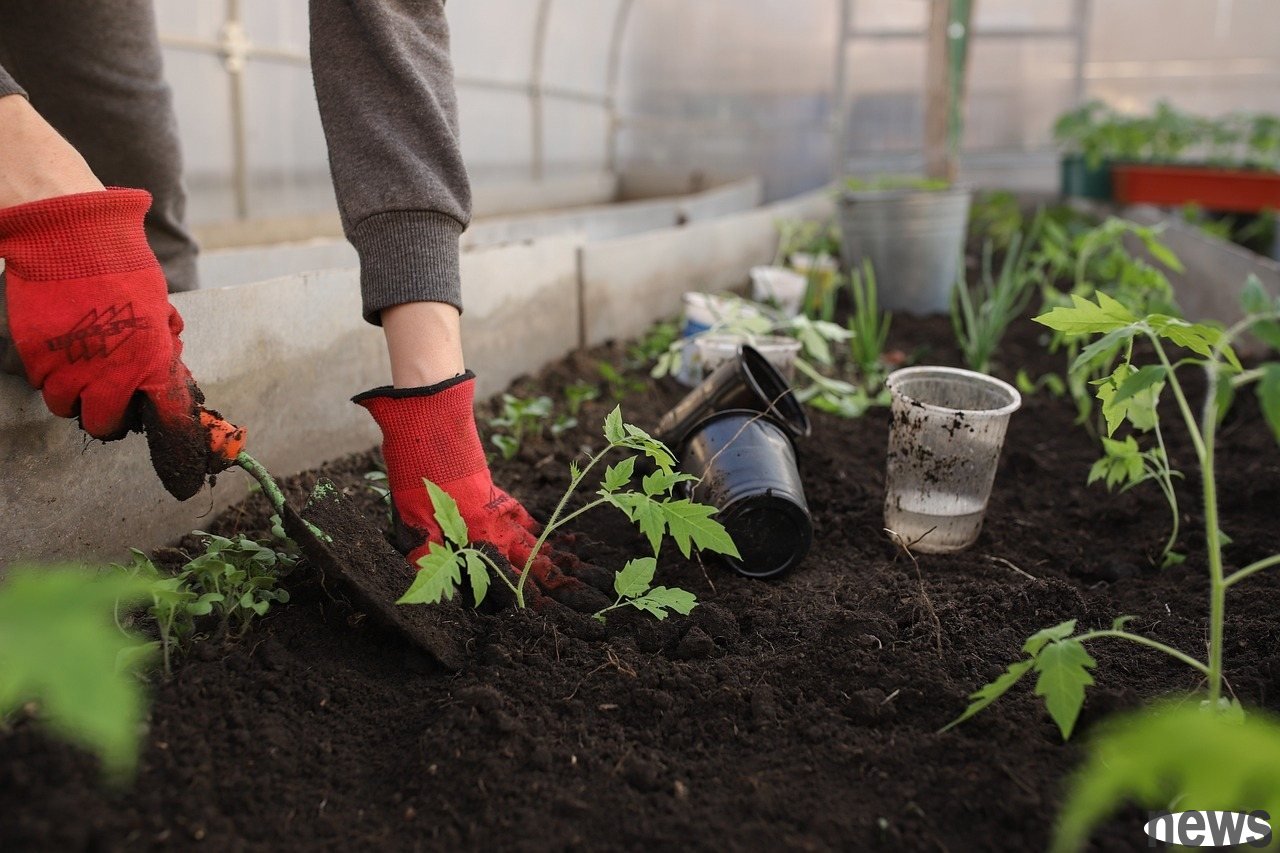
Many people think that organic vegetables or their own vegetables do not have agricultural medicine and look very clean, so they think it is better to wash them. However, the upper part may be accompanied by parasitic eggs and bacteria that are invisible to the naked eye. If it is not carefully cleaned, it may cause health harm and even food poisoning.
Parasitic cloves and bacteria that vegetables may containIn addition to avoiding agricultural drug retention, it is more important that vegetables grown outside the household will contact slugs, cloves and birds. For example, slugs and cattle will spread "Guangdong bloodline cloves", which can cause membranitis if infected in humans. In addition, soil and irrigation water also contain invisible bacteria, such as melanin, sedum, and sycamos. If not cleaned, it will cause food poisoning, leading to symptoms such as abdominal distension and vomiting.

The most basic cleaning method for fruits and vegetables is to wash them in a running water for more than 30 seconds before cutting and cooking. It is also recommended to use vinegar or food-grade disinfectant to enhance the bacterial effect:
1. Wash them in running water for more than 30 seconds.
2. Soak in vinegar water with a concentration of 10% for 10 minutes.
3. Wash clean again with running water.
Washing methods for different types of vegetables1. Vegetables such as chard, calcare, etc. should be careful not to leak the leaves, because dirt and cypresses may also enter the back and the skull. You can also put the leaves in a basin full of water and shake it, which can more effectively remove dirt.
2. Tomato
Many dishes are added to raw tomatoes. Tomatoes are vegetables with smooth surfaces and are relatively easy to clean, but special attention should be paid to the dirt and piled up in the depressions of the pedicle. This part should be scrubbed with your fingers. Remove the pedicle before washing and then clean it with running water.
3. Gourds
Small cucumbers are also commonly used to mix and marinate. Since there is no boiling procedure, special attention should be paid to cleaning, especially the surface of the melon is uneven, so it should not only be blown with running water, but also scrubbed lightly.
Vegetables are fresh and delicious, but you should also pay attention to food safety. In addition to cleaning them thoroughly with running water, you should also avoid cross-using with knives and chopping boards for fish and meat. If you are a group of people with low immunity, such as the elderly and children, it is recommended to blanch the vegetables in boiled water for 5 seconds before eating.